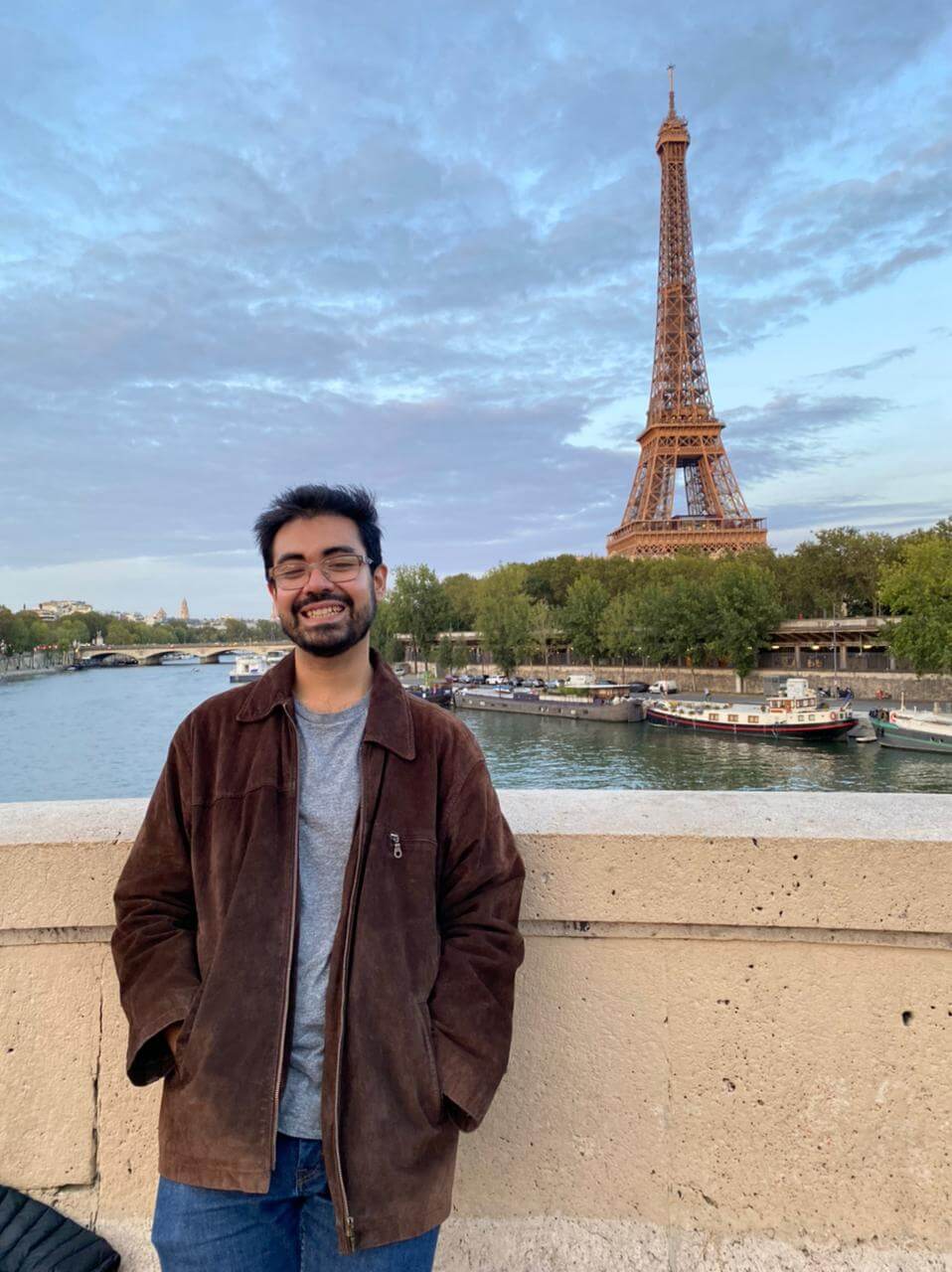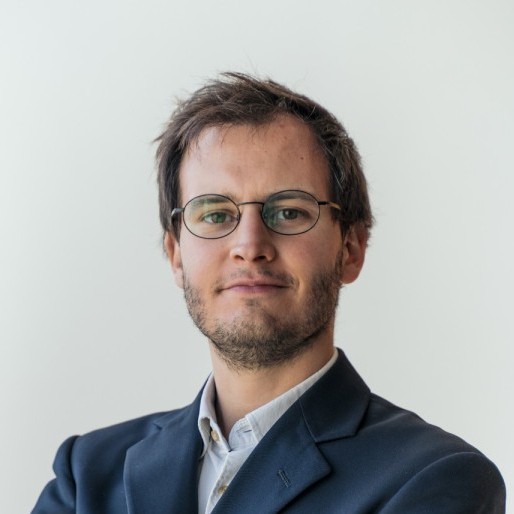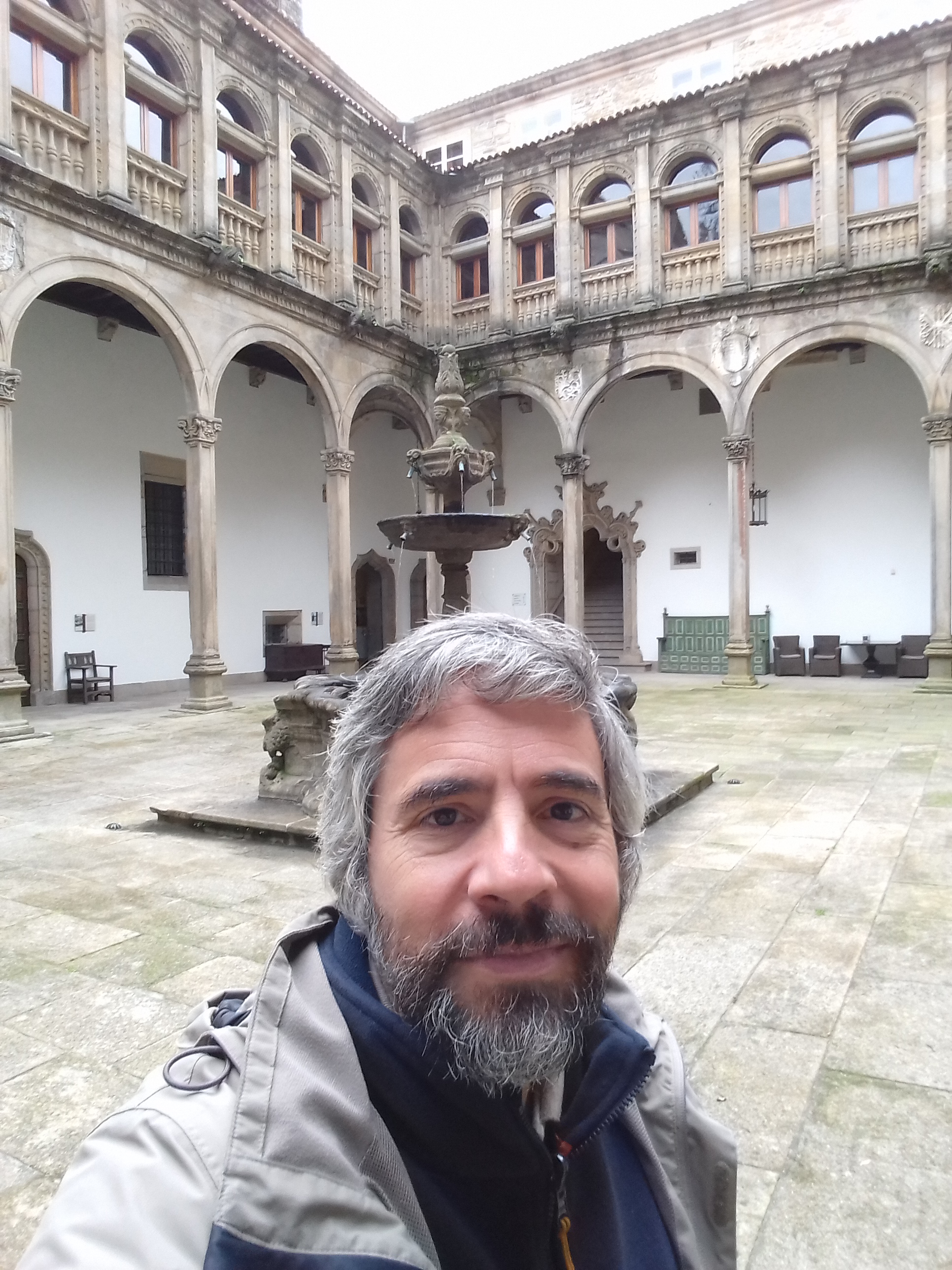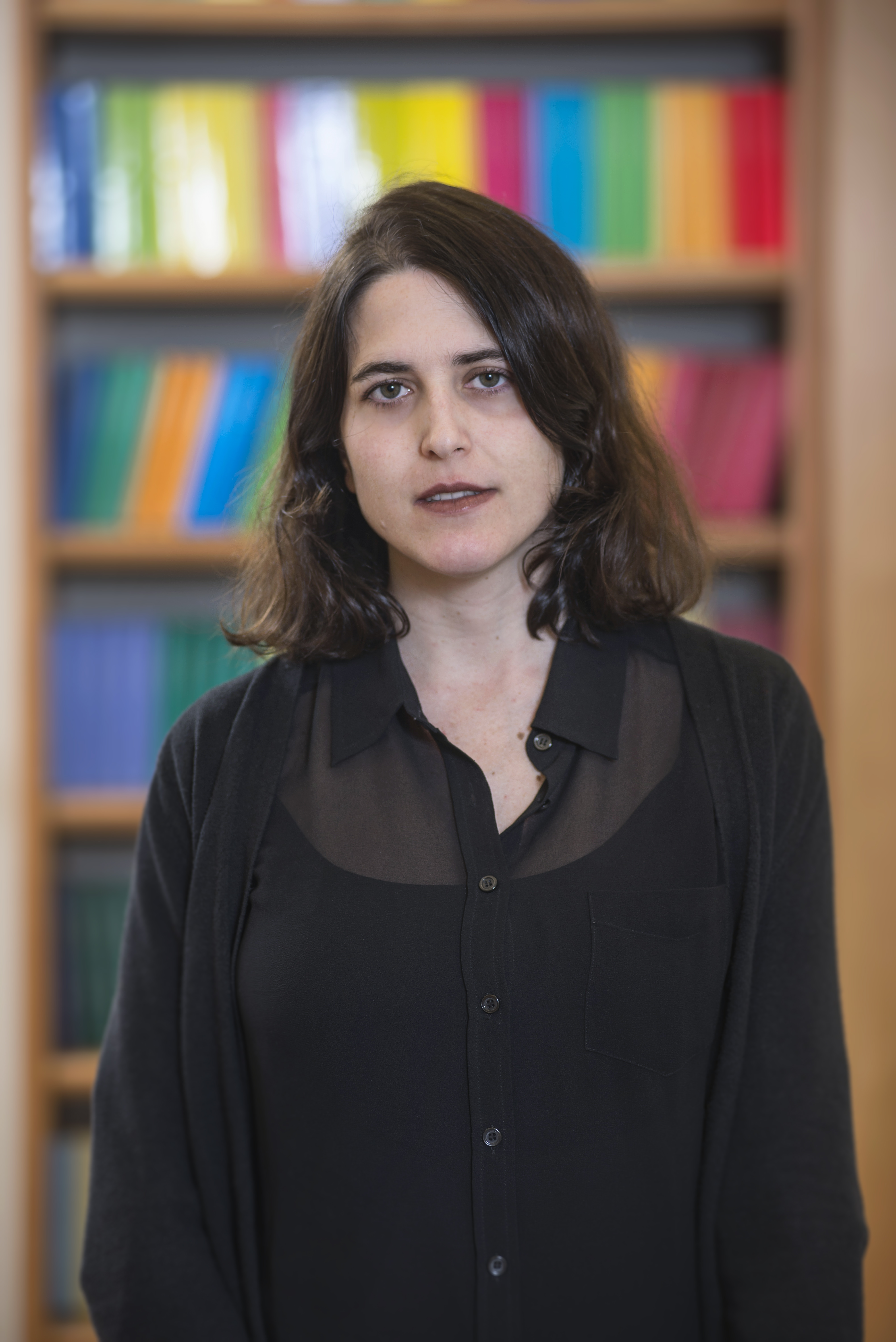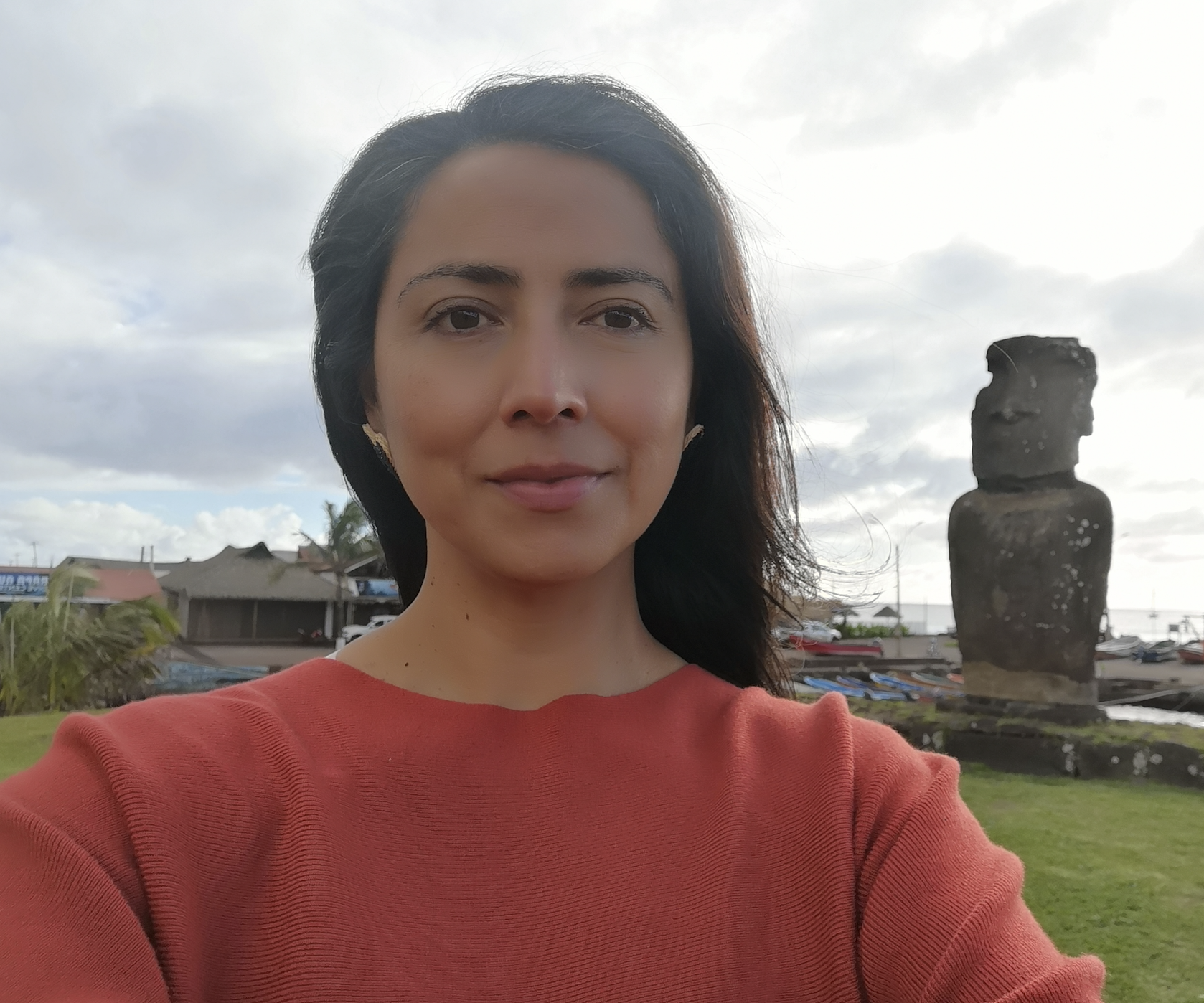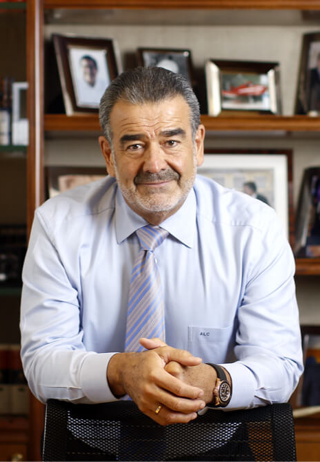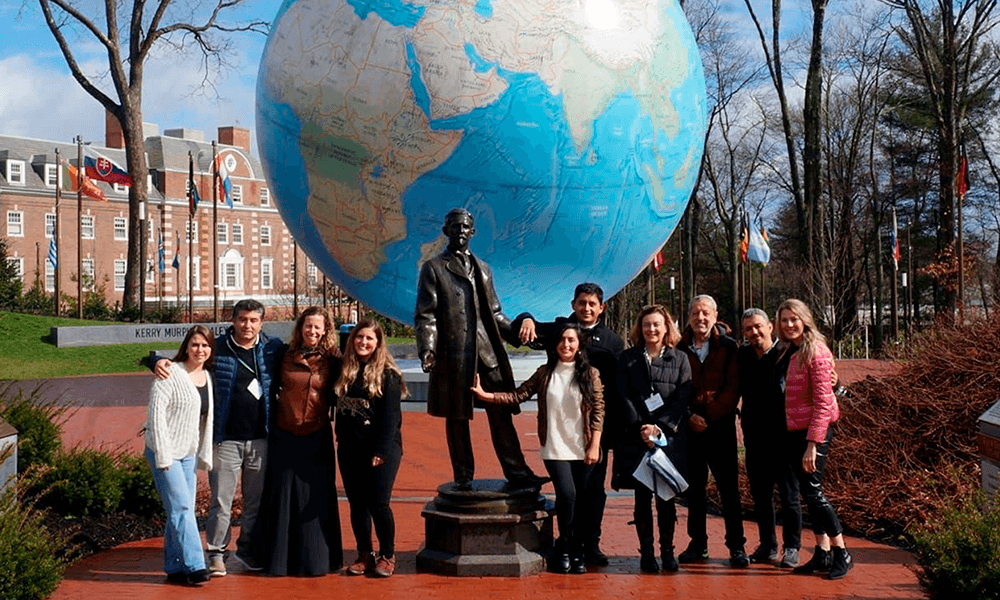
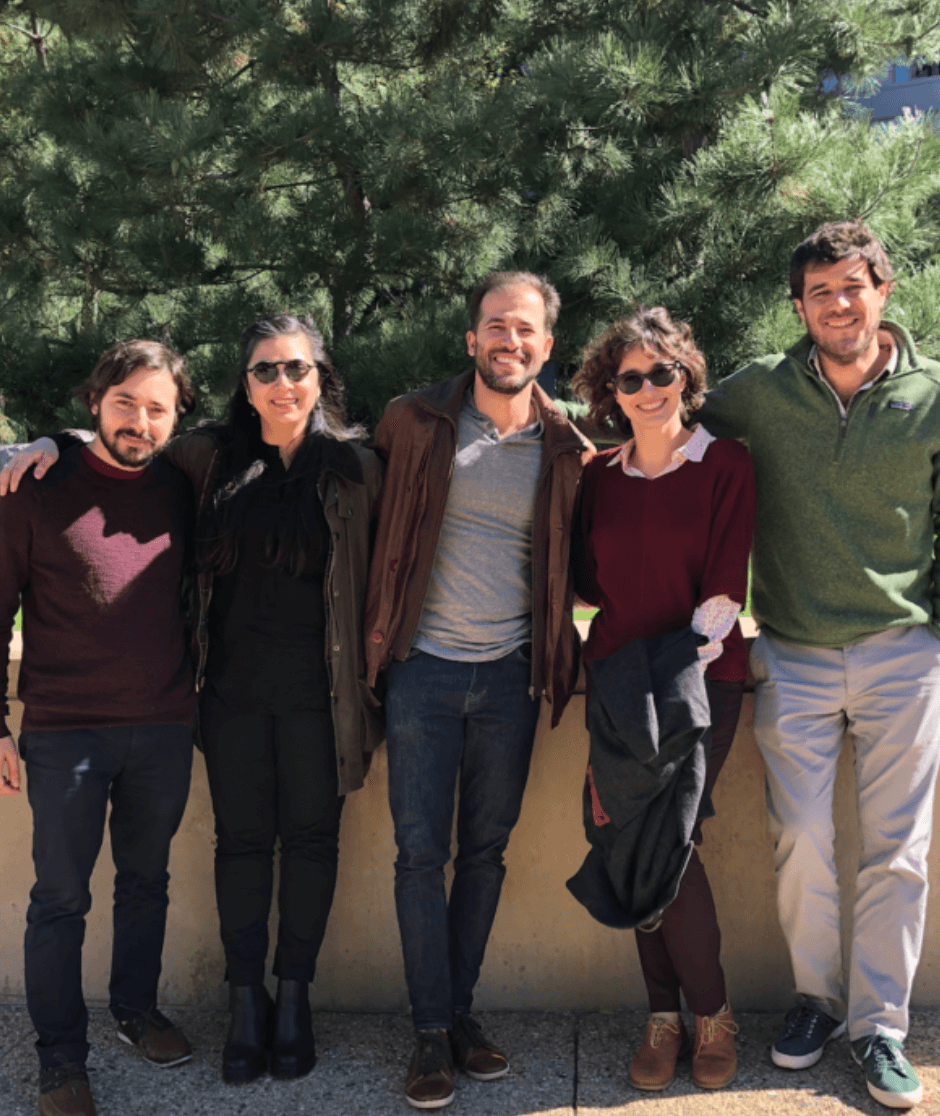
What We Do
We support the creation of leaders and agents of change, the development of a critical mass of people with modern competencies, and the generation of knowledge from a local perspective.
Our ProgramsOur Work
We are committed to contribute to Chile's ongoing development by establishing vital connections between the country and international academic networks. Our aim is to facilitate access to diverse opportunities that empower Chileans to cultivate their leadership, skills, and knowledge on a global scale.
participants, and growing
of recipients are from Chile
foreign university centers established in Chile
The Luksic Scholars Community
We have an active community of more than 1,000 people who have participated in the programs that we support. They are known as Luksic Scholars. We seek to accompany them before, during, and after their program, as well as provide them with opportunities through which additional networks and ties can be made.

